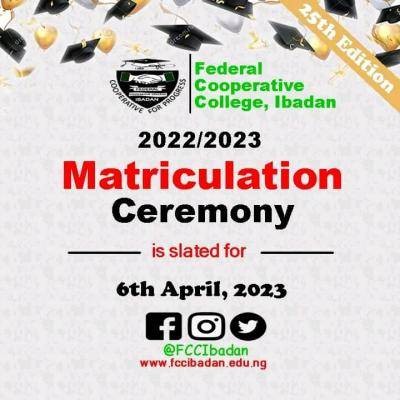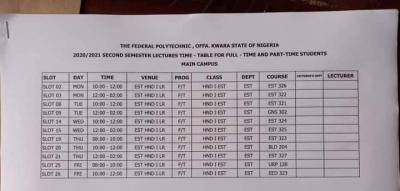
“…60 percent of those who are in the university system are not university materials; 60 percent of those who are called lecturers and professors in the university system today are not university materials…The survey I want people to do is to look at at the university graduates, First class and Second Class Upper, 2.1, from 1990, where will you find 60 percent of them?
So if 60 percent of our university graduates of First Class and 2.1 are outside the university system, then that means that 60 percent of those that are in the university system are not university materials.” Professor Adewale Solarin, Director, National Mathematical Centre, NMC, Abuja, in NATION, February 21, 2015.
Sooner or later, we must touch on this very touching subject matter. Touching, that is, to lecturers and professors in Nigerian universities. Not being a member of the academic staff of any university, full or part-time, the issue had been one that had given me concern. Yet, there was no sure way to tackle it. Professor Solarin compared the university system with a production process, and it is difficult to disagree. Universities, after all, take young, and relatively minds and bodies 9raw materials) and attempt to produce at the end of their days in the university, graduates (finished products).
Some would proceed for further processing (work in process) in graduate schools for Masters and Doctorate programmes. Those who embark on teaching careers might eventually become professors. Professor Solarin has drawn our attention to the second stage of processing, when some of the graduates go further for postgraduate education and he says that 60% of those who proceed are not among the best.
That creates a problem in any production process because the quality of the raw material inputs invariably determines the quality of the final product.
Similar Posts:
If the brightest and the best undergraduates don’t go forward, it means Nigeria is left with mediocres to undertake the arduous task of acquiring the knowledge and skills, and perhaps attitudes, necessary to become outstanding university lecturers and professors. Solarin put the figure at 60% of graduates, but, he also made it clear that no survey had been conducted. He challenges us to undertake that research. I will be willing to conduct the survey – if a sponsor can be found.
The way I understand it, Prof. Solarin wants somebody to find out the percentage of our lecturers and professors, in the Nigerian university system who graduated First or Second Class Upper. That should not be too difficult – if only the universities and the Academic Staff Union of Universities, ASUU, will cooperate. Cooperation from both sides cannot be guaranteed for obvious reasons. Universities parading lecturers without doctorate degrees and the vast majority holding Second Class Lower or Third Class, will not be too eager to reveal the low quality of their staff.
Similarly, ASUU members who hitherto had shielded their low class certificate in confidential files, in Administration, will not readily want their students and colleagues to know the truth. That said; it is important to note that difficult as the assignment might be, it is not impossible. Nigeria will definitely benefit from it. Two benefits of this study easily suggest themselves.
One, if we know the percentage of low quality tutors we have in our university system, then, we can start the process of upgrading them. Management axiom tells us that “what you cannot measure, you cannot control”. Until we find a metric for determining the quality of teaching staff in our universities, we will not be able to improve the standards.
Two, we might find an answer to why the brightest and best are not interested in teaching. Since somebody must do it, the brilliant ones might not realize that they have provided sub-standard education for their own kids in the future once the culture of mediocrity becomes deeply entrenched. So they have a stake in this also. This study will certainly assist in finding, some, but not, the solutions to the problem. The ultimate goal is to have a greater percentage of the First and Second Class Upper graduates to stay on to doctorate and to head for the classroom. That will also pose a tough, but, not impossible challenge.
What we need is an incentive system which makes it worthwhile for a bright young graduate to stay in the university system and spend a life time there. Professor Abraham Maslow, author of the theory of self-actualisation, was already near 60 when I took a course in Sociology with him in 1966. I left him at the university in 1968 and he still went on teaching for more than ten years. The university was his life – even after he became world renown. Our universities will not be world class until we have people like Professor Peter Drucker – who was still lecturing after 80. And we will need thousands of them in the future. The survey Solarin called for must be conducted — in our own interest.
LAST LINE: Professor Solarin risks being called names by his academic colleagues for saying the truth. But, he should take heart. Truth is the bitterest medicine on earth. (Vanguard)



